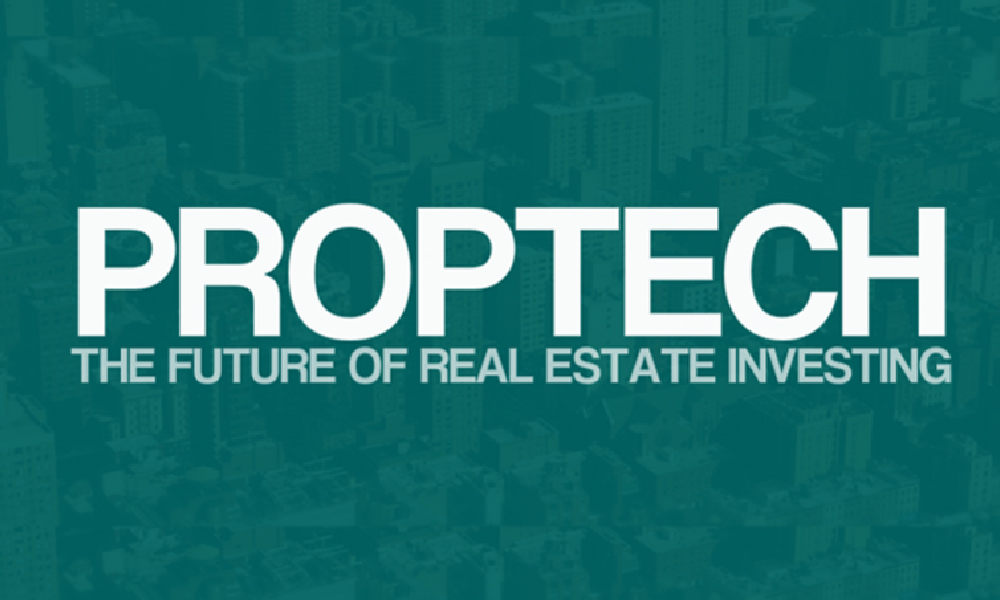In today’s fast-paced digital age, technology is transforming every aspect of our lives, including the real estate industry. One of the most significant technological advancements in real estate is PropTech, short for Property Technology. PropTech encompasses a wide range of digital innovations that aim to enhance and revolutionize the way properties are bought, sold, managed, and experienced. This article will delve into the world of PropTech, exploring its definition, types, and how it’s shaping the future of the real estate sector.
Introduction to PropTech
PropTech refers to the application of technology, software, and data analytics in the real estate industry. It encompasses various digital solutions designed to improve the efficiency, accessibility, and transparency of real estate transactions and property management processes.
The Evolution of PropTech
Over the past decade, PropTech has experienced significant growth and development. It all started with the rise of online property listings and real estate marketplaces, allowing buyers and sellers to connect more easily. As technology advanced, so did PropTech, leading to more sophisticated solutions that addressed specific challenges in the real estate sector.
Understanding PropTech’s Impact
1. Streamlining Real Estate Transactions
PropTech has streamlined the process of buying and selling properties, making it faster and more convenient for all parties involved. Online platforms and mobile apps enable potential buyers to browse through numerous listings, access property information, and even take virtual tours of homes. This accessibility has revolutionized the way real estate deals are made.
2. Enhancing Property Management
Property management companies and landlords are also benefiting from PropTech. Specialized software and apps allow them to manage properties more efficiently, handle maintenance requests, collect rent online, and analyze data to make informed decisions about their properties.
3. Improving Market Transparency
Transparency is vital in real estate, and PropTech has contributed to a more transparent market. Buyers and sellers now have access to historical property data, neighbourhood insights, and market trends. This information enables them to make well-informed decisions.
4. Revolutionizing Property Search
PropTech has transformed the property search experience. Virtual and augmented reality technologies enable potential buyers and tenants to take virtual tours of properties from the comfort of their homes. This not only saves time and effort but also enhances the overall customer experience.
The Types of PropTech
There are various types of PropTech innovations that cater to different aspects of the real estate industry:
1. FinTech in Real Estate
Financial technology, or FinTech, plays a crucial role in real estate transactions. Online mortgage applications, digital payment platforms, and crowdfunding for real estate projects are just a few examples of FinTech applications in the property market.
2. Property Management Software
Property management software streamlines various tasks, such as accounting, tenant screening, lease management, and maintenance requests. These platforms help property managers be more organized and efficient in their daily operations.
3. Virtual and Augmented Reality in Real Estate
Virtual and augmented reality technologies enable virtual property tours, interior design previews, and even interactive neighbourhood exploration. These immersive experiences help buyers and tenants visualize properties before making decisions.
4. Big Data and Analytics in Real Estate
Big data and analytics have become essential in real estate. They provide valuable insights into market trends, pricing, and buyer preferences, helping real estate professionals make data-driven decisions.
5. The Internet of Things (IoT) and Smart Homes
IoT devices and smart home technologies allow homeowners to control and automate various aspects of their properties, from lighting and security to temperature and appliances.
6. Blockchain in Real Estate
Blockchain technology ensures secure and transparent property transactions, eliminating the need for intermediaries and reducing the risk of fraud.
7. Artificial Intelligence and Machine Learning in Real Estate
AI and machine learning algorithms can analyze vast amounts of data, making accurate predictions about property valuations and market trends.
The Benefits of PropTech
PropTech offers numerous benefits to the real estate industry, including increased efficiency, improved customer experiences, enhanced data-driven decision-making, and greater market transparency.
1. The Challenges and Adoption of PropTech
While PropTech has the potential to revolutionize the real estate industry, it also faces challenges, such as data privacy concerns, resistance to change, and the initial cost of implementation.
2. Future Trends in PropTech
As technology continues to advance, we can expect even more innovative PropTech solutions, such as 5G-powered applications, advanced AI capabilities, and further integration of virtual reality experiences.
Conclusion
PropTech is a game-changer in the real estate industry, reshaping how properties are bought, sold, and managed. With various types of PropTech innovations already making waves, the future holds even more exciting possibilities for the real estate market.
FREQUENTLY ASKED QUESTIONS
1. What is PropTech?
PropTech, short for Property Technology, refers to the application of technology, software, and data analytics in the real estate industry to enhance and revolutionize various processes.
2. How is PropTech changing the real estate market?
PropTech is changing the real estate market by streamlining transactions, improving property management, increasing market transparency, and offering immersive property search experiences.
3. What are the different types of PropTech?
Some of the different types of PropTech include FinTech in real estate, property management software, virtual and augmented reality applications, big data and analytics, IoT and smart homes, blockchain, and AI and machine learning.
4. What are the benefits of PropTech?
PropTech offers numerous benefits, such as increased efficiency, improved customer experiences, data-driven decision-making, and greater market transparency.
5. What challenges does PropTech face?
PropTech faces challenges related to data privacy, resistance to change, and the initial cost of implementation. However, its potential for positive impact is substantial.

